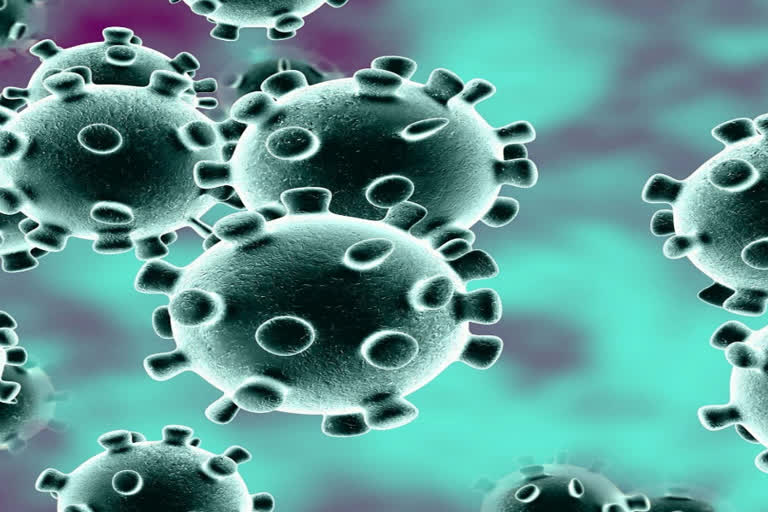Hyderabad; New research from Cold Spring Harbor Laboratory(CSHL) scientists suggests that cigarette smoke spurs the lungs to make more ACE2 (angiotensin-converting enzyme 2), the protein that the Coronavirus responsible for COVID-19 grabs and uses to enter human cells.
As published in the journal Development Cell, the findings explain as to why people who are smoking are vulnerable to severe infections. The research also indicates that the severity of the Coronavirus infection might be reduce if the smokers quit smoking.
Also Read: YouTube Select to help advertisers reach new audiences launched
Scientists and Clinicians have noted a lot of distinct variation in the way people respond to the infection with SARS-CoV-2. This has been observed at the various stages of the pandemic. It was observed that most infected individuals showed mild illness, if it all they experienced it. However, individuals with fatal virus attacks needed more of intensive care. The group of people who appeared to be more at risk as compared to others are; men, the elderly, and smokers.
In order to carry out their research, CSHL Fellow Jason Sheltzer and Joan Smith, an engineer at Google, used the previously published data to seek possible explanations for these disparities. They were curious whether the vulnerable groups might share some key feature related to the human proteins that the Coronavirus relies on for infection.
